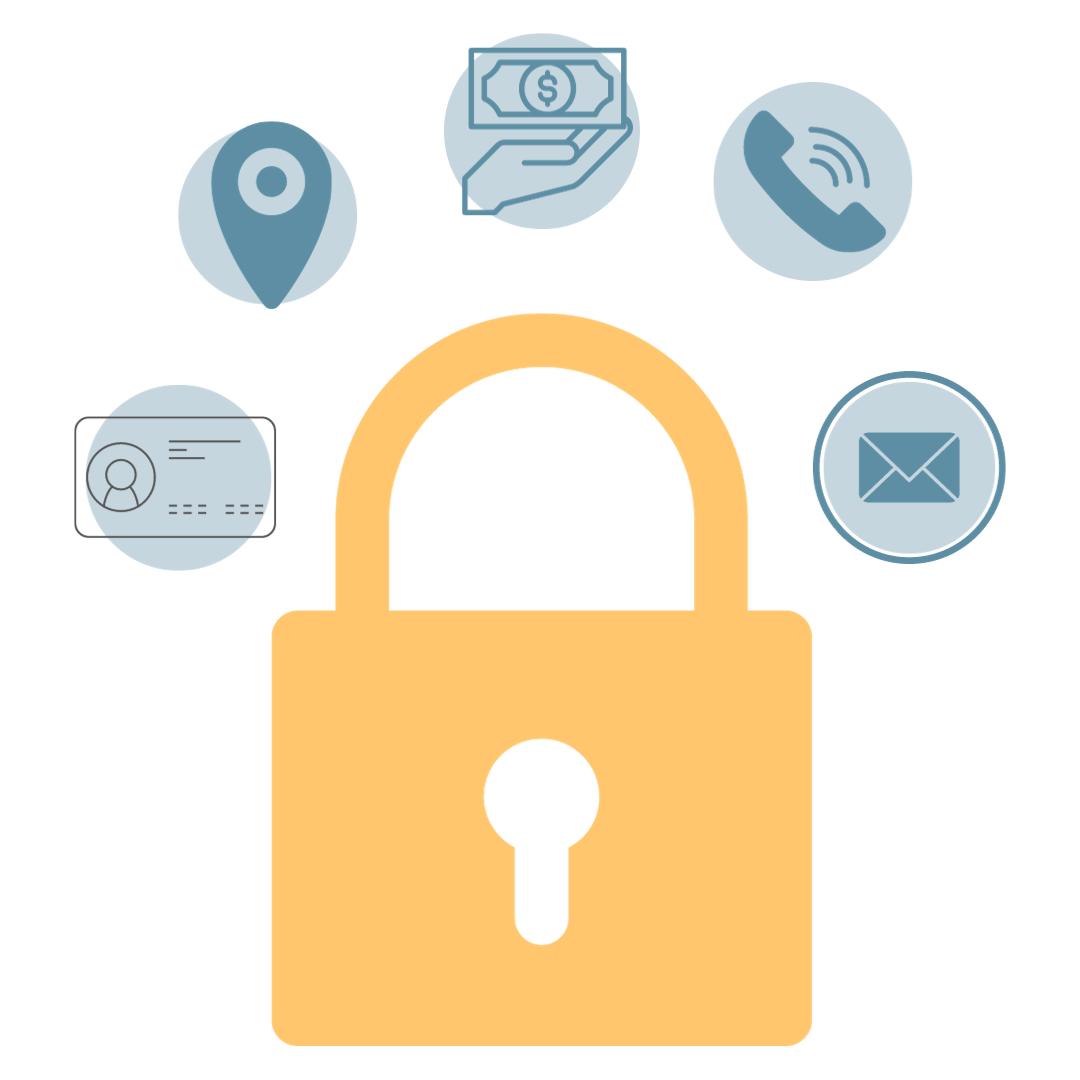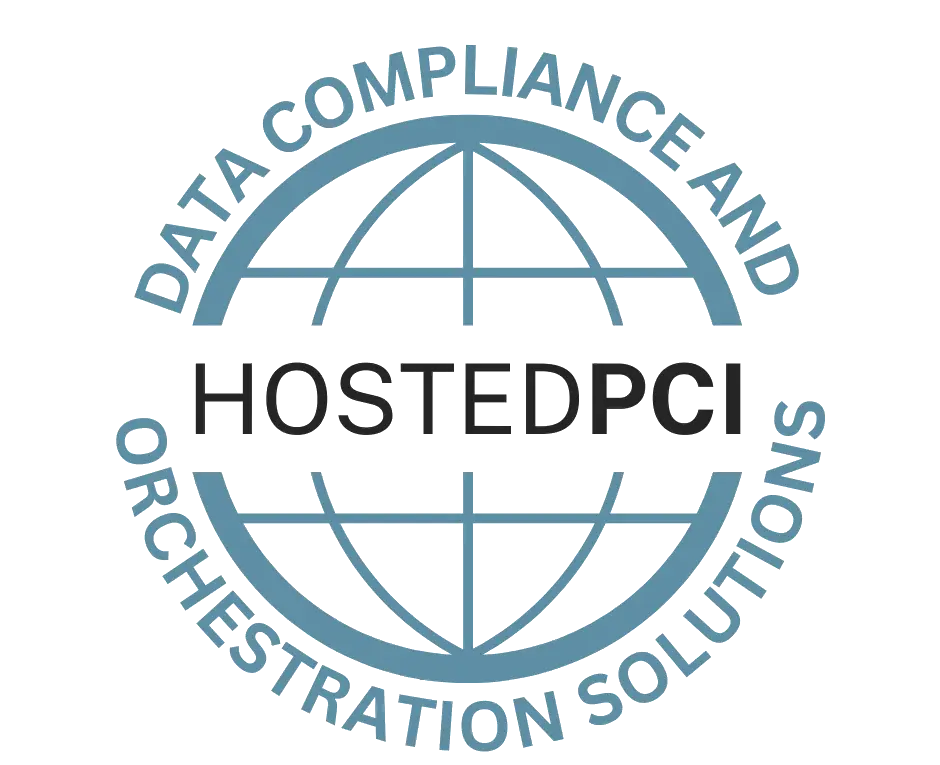The Critical Importance of Adhering to PII Mandates for Client Data Security.

In the current digital era, characterized by frequent data breaches and identity theft, safeguarding Personally Identifiable Information (PII) is of paramount importance. PII encompasses data that can identify, contact, or locate a person, including names, addresses, social security numbers, and financial details. As businesses accumulate and manage extensive volumes of such sensitive data, HostedPCI offers vital assistance in ensuring your business complies with PII regulations. This adherence is not just a legal requirement but a fundamental ethical duty, crucial for maintaining client trust and the integrity of business operations.
Understanding PII Mandates
PII mandates consist of regulations and guidelines established by governments and industry authorities, designed to ensure responsible handling of personal data by organizations. These mandates differ across regions and industries, but they typically encompass rules for data collection, storage, processing, and disposal. Notable examples include the General Data Protection Regulation (GDPR) in the European Union and the California Consumer Privacy Act (CCPA) in the United States. HostedPCI’s Data Residency feature provides our clients with the capability to securely store collected PII data while in adherence to specific data residency regulations applicable in various parts of the world.
Why Following PII Mandates is Essential
1. Legal Compliance: Non-compliance with PII mandates can result in hefty fines and legal penalties. For example, GDPR violations can lead to fines of up to 4% of annual global turnover or €20 million, whichever is higher.
2. Client Trust and Reputation: Clients expect their data to be handled with the utmost care. Failure to protect PII can lead to loss of client trust and damage to the organization’s reputation, which can be far more costly than any legal penalty.
3. Preventing Data Breaches: Proper adherence to PII mandates involves implementing robust security measures. This reduces the risk of data breaches, which can have devastating consequences for both clients and businesses.
4. Competitive Advantage: Organizations that are known for their stringent data protection practices can gain a competitive edge. Clients are more likely to do business with companies they trust to protect their personal information.
Best Practices for Adhering to PII Mandates
1. Regular Training and Awareness: Employees should be regularly trained on the importance of PII protection and the specific mandates applicable to their roles.
2. Data Minimization: Collect only the PII that is absolutely necessary and limit access to such data within the organization.
3. Implement Strong Security Measures: This includes encryption, secure password policies, and regular security audits.
4. Regularly Update Privacy Policies: Keep privacy policies up-to-date with current laws and regulations and ensure they are transparent and easily accessible to clients.
5. Incident Response Plan: Have a plan in place for responding to data breaches, including notifying affected individuals and authorities as required by law.
6. Safeguarding Data Collected: Utilize the range of cybersecurity tools offered by providers like HostedPCI to strengthen your security protocols, ensuring the safe collection and secure storage of your clients’ Personally Identifiable Information (PII).
In conclusion, the proper adherence to PII mandates is not just about compliance; it’s about respecting and protecting the very essence of our clients’ identities. At HostedPCI, our solutions are designed to help your business implement robust PII security measures. This approach is not merely about fulfilling legal obligations; it’s a fundamental aspect of ethical business practice.

